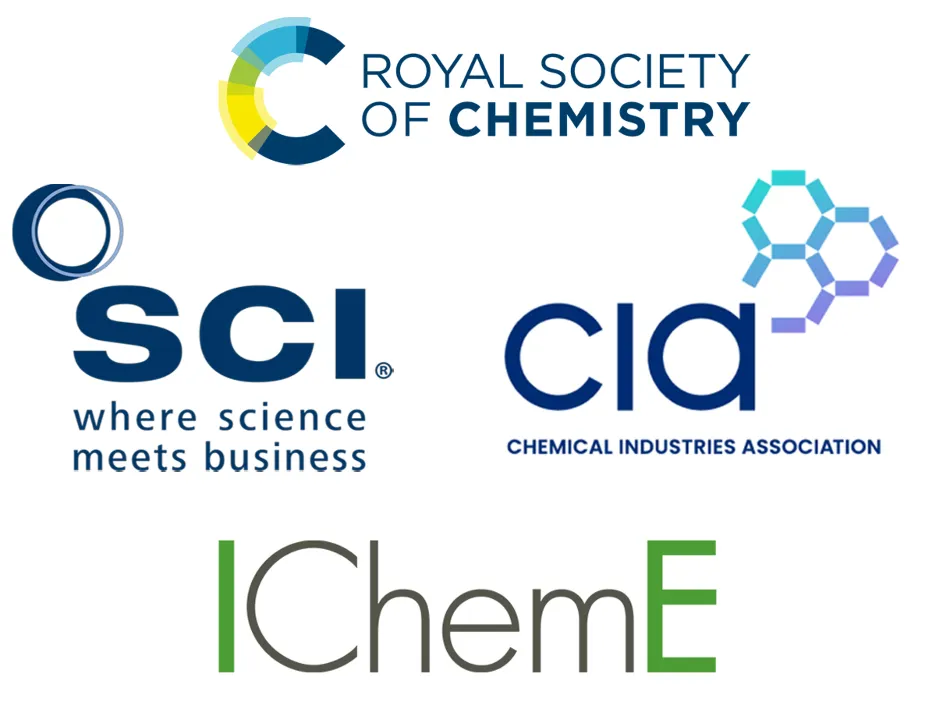Education
Everyone deserves an engaging, relevant, and inspiring chemistry education

We want an excellent chemistry education to be available to all, driving greater diversity and improving skills in the chemical sciences.
To help achieve this we advocate for an unbroken chain of subject experts teaching students throughout their education, along with entitlement and access to high quality subject-specific professional development for teachers throughout their careers.
We also work to influence decision makers so that vocational and academic chemistry curricula, assessments and qualifications are accessible, and inclusive and encourage the development of relevant knowledge and skills.
We are working to change policy in areas including, but not limited to, the curriculum, qualification routes, practical work and recruitment and retention of expert teachers.
We also look to influence education policy as part of the Science Education Policy Alliance (SEPA).
A relevant and adequately resourced curriculum
If young people are to develop the skills and knowledge to become scientifically literate citizens and develop STEM careers, the chemistry curriculum must be fit-for-purpose, engaging and relevant.
From ensuring every child has access to practical work to embedding sustainability and climate change into curricula, we want every child to feel like science is for them.
Accessible routes and equitable educational pathways
We want to equip students with core chemistry knowledge and skills that are understood and valued by employers, via both academic and vocational options at level 3 and above.
We believe equitable educational pathways involve a ‘single route’ science qualification to the age of 16, alongside ensuring students and teachers understand the wide range of careers and opportunities available.
Ensuring an empowered expert workforce
We are campaigning to ensure teachers and technicians have the resources, skills, expertise and motivation so that all students have access to an excellent chemistry education.
Key parts of this include addressing the teacher and technician recruitment and retention crisis with long-term solutions that can withstand population and economic fluctuations, while also investing in effective professional development for teachers.
Our campaigns
Read more about what we’re doing to achieve our goals through our campaigns. Elsewhere on this page and around our website you will find reports, policy positions, responses to government and other influencing work.

The Science Teaching Survey 2022
In 2022 we launched The Science Teaching Survey to understand more about the experiences and attitudes of science teachers and technicians.

The Science Teaching Survey 2023
Revealing the insights, challenges and ideas of secondary teachers and technicians in the UK and Ireland.

Higher technical education
Experiences, motivations and journeys of learners undertaking higher technical and applied qualifications in Chemistry and related subjects.

School science technicians
New insight into the school science technician workforce.

The elements of a successful chemistry curriculum
Our vision for 11-19 chemistry education.

The future of practical science lessons
Teacher training during the pandemic and the long-term impact on practical work in schools.
Recent news and activities

Societies join forces in response to government's industrial strategy
09 July 2025
Making the Case for Chemistry: update on our skills and research policy work
23 May 2025
Interim findings of an independent review of the curriculum
18 March 2025
Chemistry education needs new stories and examples
26 February 2025
Embedding sustainability in chemistry education
14 February 2025
Recognising the importance of higher education
31 January 2025
Science and the Parliament discuss STEM's future in Scotland
29 November 2024
Get involved
Our member community
Opportunities for members to connect with others in our community, to suit your situation or career.
Teacher training scholarships
Funding talented individuals entering chemistry teacher training in England.
Education
Resources to support and inspire future generations of scientists around the world.
Technician Skills Development Grant
Supports technicians to undertake short to mid-term visits to organisations with the aim of developing skills to support their career progression.
Technician Travel and Training Grant
Supporting technicians working in all sectors to participate in activities such as conferences, training courses and networking events.
Our prizes
Recognising excellence in the chemical sciences.
A dedicated education website
Our education website brings together all our online support for chemistry teaching in one place.
Go to our education website
Featured resources from our education website: